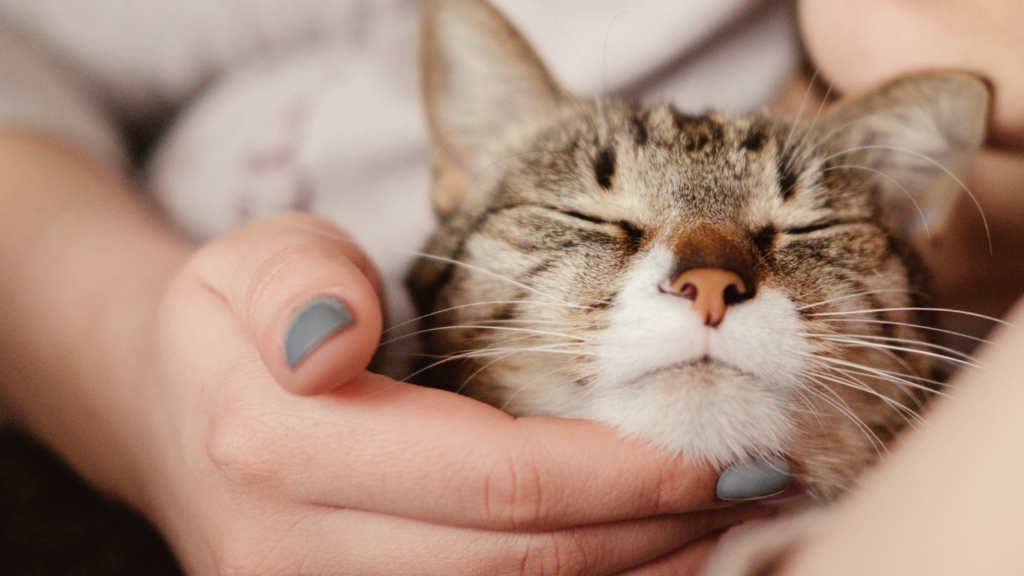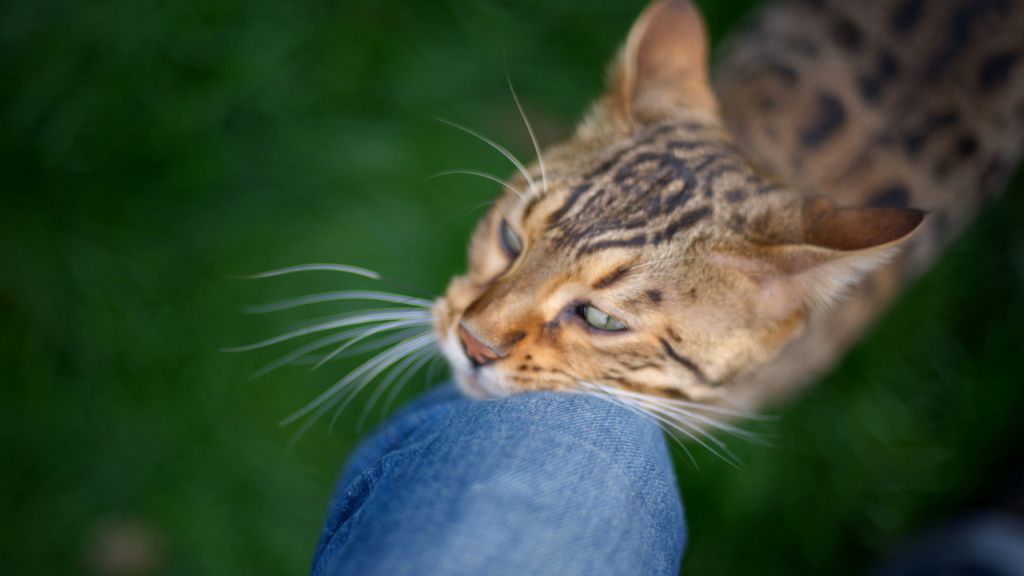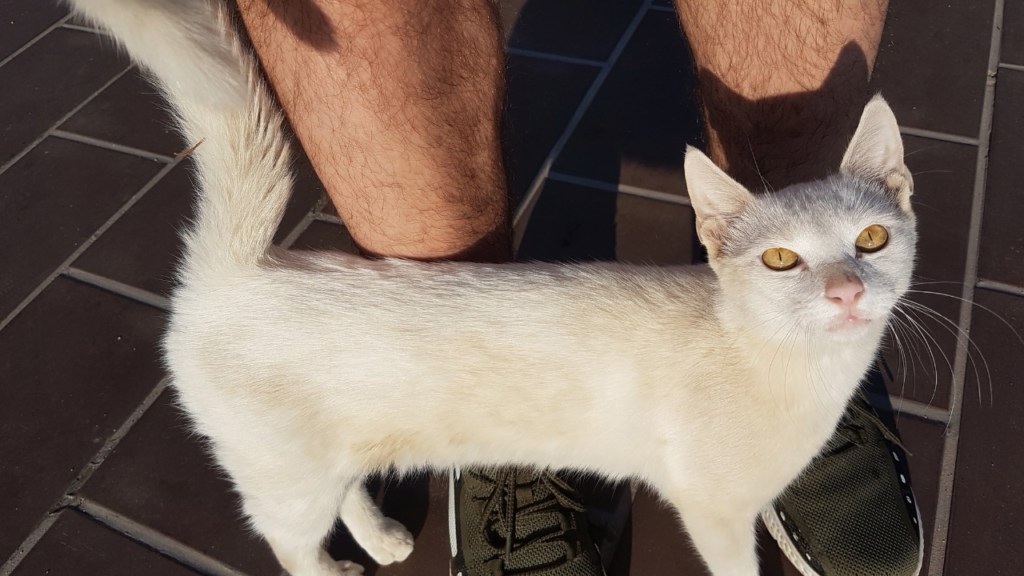Why do cats rub themselves against you? It’s not because they love you
Table of Contents

If you’ve ever sat down on the couch after a long day at work, you’ve definitely noticed your cat come up and brush against your legs or leap up and rub against your sides and arms. At first look, this behavior appears to be a display of affection, and you may believe that your cat is cuddling up with you because they adore you.
In truth, the true reason for your pet’s conduct isn’t that flattering. So, why does a cat rub against you? It all depends on your cat’s instincts and how they interact with other cats.
What do cats do when they rub against you?

According to PetMD, rubbing on you or other objects in your home is your cat’s way of using their sense of smell to convey and spread information about their surroundings. When your feline brushes their head against you, they leave their scent on you. Your cat has scent glands all over its head and neck, including the cheeks, chin, and forehead, as well as the base of its tail. When your cat cuddles against you, they leave behind their scent.
Your feline friend, who knows you well, may mark you, but a cat meeting you for the first time may also rub up against you, primarily to gather information. Because the scent does not last very long, your cat may tag you several times to ensure their aura remains.
How cats set out their territory by rubbing
This rubbing and marking process does not necessarily mean “I love you” but rather categorizes you with other objects that share your cat’s scent. You will notice that furry buddies that dwell together rub against one another. They’re sharing their shared smell while also expressing acceptance for one another.
Your cat’s rubbing up against you is essentially a form of territorial marking. Leaving his scent behind alerts other animals that you are already his.
Additional ways that cats stake their claim

Rubbing isn’t the only method cats use to convey that you or anything else belongs to them. Purina explains that cats scratch in a similar manner, using the smell glands on their paws to leave their perfume behind. That is why your cat may scratch at your sofa or doorjamb, which are high-traffic locations with many scents. Your cat is scratching to make them part of their domain as well.
If your cat’s clawing becomes an issue, you can discourage it by putting scratching posts in front of the areas it is targeting. You could also use tape on your furniture to keep your cat away from that location.
In rare situations, your cat may urinate on objects to mark their scent. While far more difficult and unwanted than rubbing and scratching, peeing on things also conveys your cat’s odor. If your pet begins urinating on objects, it is most likely an attempt to mark them and create their territory. Peeing might be triggered by bringing a new cat into the house or by other changes that make your cat feel uneasy and anxious.
If your mouser begins peeing on your belongings and in your home, you must address the changes causing your feline concern. Peeing can also be caused by medical difficulties such as urinary tract infections, so make an appointment with your veterinarian to get your cat assessed.
Why is my cat biting me gently?
When a cat love nips you, it is not claiming you as their own, but it is one of their ways of demonstrating that you are a valued family member. Gentle biting and licking may be a type of grooming, indicating that the kitty regards you as a person in need of cleansing.
A play bite can suggest that your cat is ready to play with a noisy toy or catnip; feel free to indulge. These mild champs will not tear the skin or cause pain, and you can ignore them if you don’t want to participate. This is not the same as being bitten by an angry or overstimulated cat. Remember that all kittens, including you, nibble on occasion to learn about their surroundings.
How can you know whether a cat loves you?
If rubbing does not necessarily indicate your cat’s lifelong loyalty, what does? The top symptom is plainly purring, which indicates general contentment. In fact, if they purr while stroking, it should be seen as an indication that you are a member of their inner circle as well as your cat’s favorite person. Other signs to watch for include grooming, displaying their stomach, and spending time with you. You can use all of these clues to determine once and for all whether your cat loves you. If you have any doubts, feel free to give your pet an extra pat or treat just to be sure.
Cats express affection in a variety of ways, and while rubbing up against you may appear to indicate a desire to cuddle, this is not the case. Instead, your cat identifies you as his and shows other cats that you are a part of his area. Your cat’s attempts to claim you may be motivated by flattery rather than devotion. If your cat takes the time to scent mark you, it means they care about you.
Why do cats rub themselves against you? It’s not because they love you Read More »
